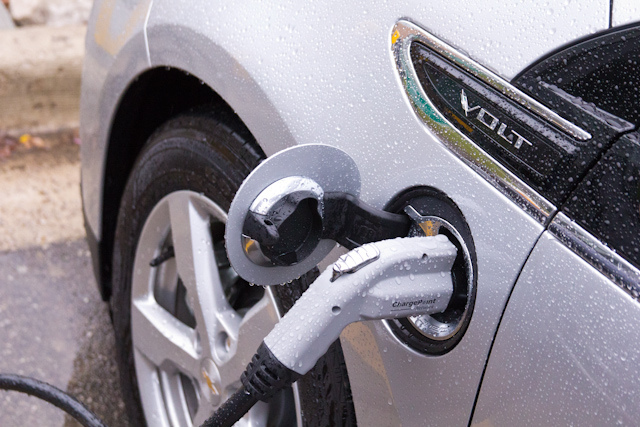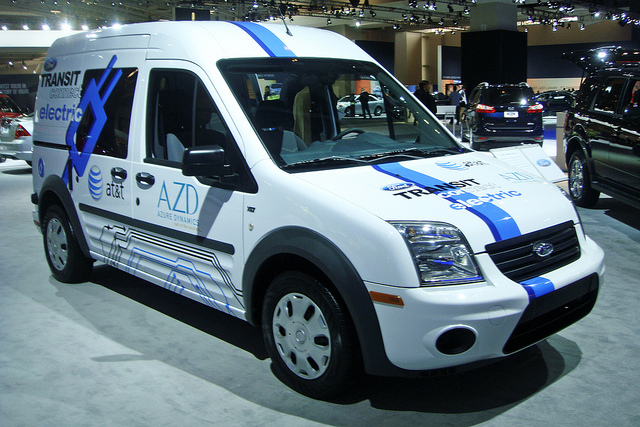Electric vehicles can offer major benefits to businesses
Electric vehicles (EVs) can be commercially viable in business fleets today and could save as much as £700 per vehicle per year compared to diesel, according to a new report.


Electric vehicles (EVs) can be commercially viable in business fleets today and could save as much as £700 per vehicle per year compared to diesel, according to a new report.
The EV20 Plugged-In Fleets report, published by the Climate Group in collaboration with Energy Saving Trust and Cenex, and with support from TFL and TNT’s ‘Planet Me’ division, demonstrates the economic and environmental benefits of employing EVs in fleets and provides practical guidance for fleet managers looking to introduce them.
 The report highlights that EVs can make good commercial sense if they are deployed in the right place and businesses can benefit from a range of incentives from the plug-in car and van grants to enhanced capital allowances, and how electric car drivers can take advantage of not paying company car tax until 2015.
The report highlights that EVs can make good commercial sense if they are deployed in the right place and businesses can benefit from a range of incentives from the plug-in car and van grants to enhanced capital allowances, and how electric car drivers can take advantage of not paying company car tax until 2015.
There is though, as the report suggests, still a general misconception that electrically generated autos are expensive. However, the Climate Group explains that the high upfront costs are misleading, and the whole life cost of EVs needs to be taken into account when comparing EVs to more conventionally fuelled vehicles. Although purchase costs of EVs are higher largely due to battery cost, whole life cost modelling demonstrates that one of the biggest benefits to introducing EVs to a business is the reduced refuelling costs, with electricity being far cheaper than fuel at the pump. At the time of the report, diesel was £1.17 per litre, excluding VAT, whereas electricity price variations offer the potential for cost optimisation. On the road this typically equates to 13p per mile for a diesel car compared to 3p per mile for an electric car. Additionally, maintenance costs are also expected to be lower, as the electric motors in EVs have fewer moving parts than the current combustion engines on the market.
 “More than half of all new cars and vans in the UK are bought by fleets and the report clearly highlights that savings are possible,” says Robin Haycock, Head of Transport at the Climate Group. “Every situation is different, but our analysis has been able to identify areas where cost savings can be made. Outside London we have found sweet spots where an EV can save 7p per mile compared to a conventional vehicle and an electric van in central London will benefit from a 100 percent Congestion Charge discount.”
“More than half of all new cars and vans in the UK are bought by fleets and the report clearly highlights that savings are possible,” says Robin Haycock, Head of Transport at the Climate Group. “Every situation is different, but our analysis has been able to identify areas where cost savings can be made. Outside London we have found sweet spots where an EV can save 7p per mile compared to a conventional vehicle and an electric van in central London will benefit from a 100 percent Congestion Charge discount.”
The report was also endorsed in this week’s Plug-In Van Grant (PIVG) announcement by Secretary of State for Transport, Justine Greening MP, while Norman Baker MP, Transport Minister and Mark Prisk MP, Minister of State for Business and Enterprise, co-authored the report foreward.
Image 01: Mark hillary | Flickr
Image 02: Steven De Polo | Flickr
Image 03: Mariordo 59 | Flickr






